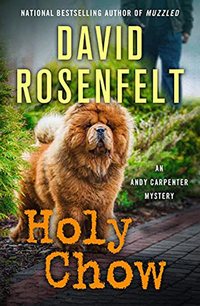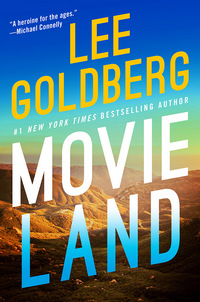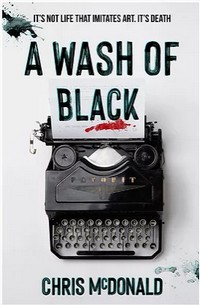Some quick thoughts on some audiobooks from July—and one I forgot to write about in June. The point of these quick takes posts is to catch up on my “To Write About” stack—emphasizing pithiness, not thoroughness.
 Deep Hole
Deep Hole
by Don Winslow, Ed Harris (Narrator)
DETAILS: Publisher: Audible Originals Publication Date: May 26, 2022 Format: Audible Original Length: 1 hr., 4 min. Read Date: June 9, 2022
(the official blurb)
I don’t know about this. I mean, it’s a short story, so I shouldn’t expect much from this. And it’s a decent story, but…eh. It left me wanting more on just about every front.
But it wasn’t a bad story—which makes sense, Winslow can’t write a bad story—and Harris sells it.

![]()
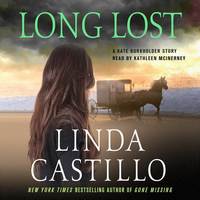 Long Lost
Long Lost
by Linda Castillo, Kathleen McInerney (Narrator)
DETAILS: Series: Kate Burkholder, #4.5 Publisher: Macmillan Audio Publication Date: September 5, 2016 Format: Unabridged Audiobook Length: 1 hr., 25 min. Read Date: July 7, 2022
(the official blurb)
I wasn’t paying attention when I saw that this was the next entry for this series and checked it out of the library and was more than a little surprised when this wrapped up as quickly as it did. I was relieved, though, I didn’t think I could handle an entire novel where the setup was Kate and Tomasetti on a romantic weekend where they got distracted by a cold case.
As a short story, the concept and execution are just what you want. A nice way to tide the reader over between novels. I liked the resolution, too—sure, I saw it coming a few miles away, but Castillo ended it well.

![]()
 My Mess Is a Bit of a Life:
My Mess Is a Bit of a Life:
Adventures in Anxiety
by Georgia Pritchett, Katherine Parkinson (Narrator)
DETAILS: Publisher: HarperCollins Publishers Publication Date: September 5, 2016 Format: Unabridged Audiobook Length: 4 hrs., 15 min. Read Date: June 28, 2021
This is a very amusingly told memoir, and you can see how Pritchett succeeded in comedy writing for TV. At the same time, that’s where it gets tripped up—the memories told are very brief, and almost always seem to be leading to a punchline (not necessarily a funny punchline, but a punchline). The result isn’t so much a memoir as loosely-associated scenes. There is a narrative throughout, but it’s subtle—the effect is like reading a sudden fiction collection that happens to be made up of true stories.
There are some really funny bits, some touching bits, and some good emotional moments. But…ugh. It’s like having a skeleton laid out on a table (I’m thinking of a shot from Bones or CSI: Wherever)—and I’d prefer to see some connective tissue between the bones—and maybe some organs and flesh to cover them, so that it’s an actual memoir, not the rough draft of one.

![]()
 How the Penguins Saved Veronica
How the Penguins Saved Veronica
by Hazel Prior, read by Helen Lloyd, Andrew Fallaize, Mandy Williams
DETAILS: Series: Veronica McCreedy, #X Publisher: Penguin Audio Publication Date: June 16, 2020 Format: Unabridged Audiobook Length: 10 hrs., 44 min. Read Date: July 7-13, 2022
(the official blurb)
A sweet, almost-paint-by-numbers story of an elderly curmudgeon finding hope, kindness, and family thanks to time spent on a penguin research base in Antarctica.
There’s one scene at the end that serves to answer the reader’s questions that would be better left unanswered. We’d have been better served if we’d been left with ambiguity. Still, for a bittersweet and unnecessary scene, it was effective.
I’m not sure three narrators were necessary—I think any one of the three could’ve handled the whole thing judging by what I heard, but it wasn’t overly-distracting as multiple-narrator audiobooks can be.
I enjoyed the book, it was a perfectly charming and entertaining novel, as negative as I sound to myself—and am glad I finally indulged my curiosity about the book. But…meh. I’ve seen this story before and done better.

![]()
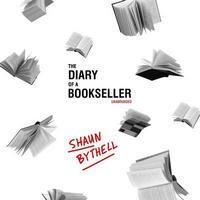 The Diary of a Bookseller
The Diary of a Bookseller
by Shaun Bythell, Robin Laing (Narrator)
DETAILS: Series: The Diary of a Bookseller, #1 Publisher: Blackstone Audio Publication Date: September 4, 2018 Format: Unabridged Audiobook Length: 9 hrs., 42 min. Read Date: July 15-19, 2022
(the official blurb)
I guess this would be the cure to any dreams/hopes/aspirations the reader might have to opening/buying a bookstore of their own. And the author certainly makes it clear that no one should do what he does—but it’s not like the book ends with him selling/closing down, in fact, he’s working to keep his store going.
The overall effect was like a James Herriott book—but with used books and readers in place of animals and their owners. Some pretty repetitive stories, just different enough to distinguish them—generally mildly amusing and engaging.
I had fun with it—would’ve enjoyed it a bit more if it were 20% shorter, I think. I do see that this is the beginning of a series. I’ll likely get the next installment, too. But I’m not rushing to do so.

![]()
This post contains affiliate links. If you purchase from any of them, I will get a small commission at no additional cost to you. As always, the opinions expressed are my own.
![]()


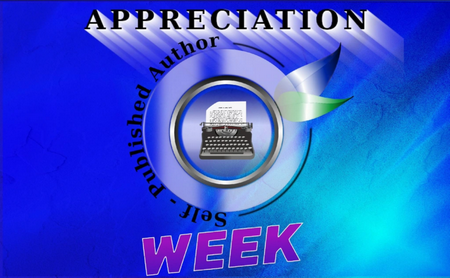
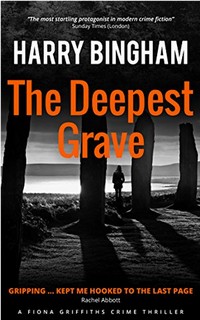



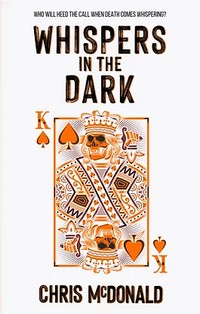

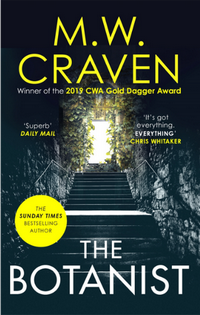

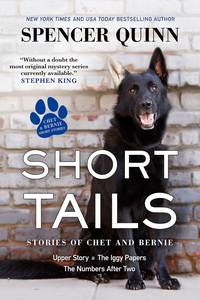

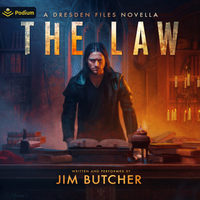
 I loved seeing Harry’s reactions to these responses.
I loved seeing Harry’s reactions to these responses.